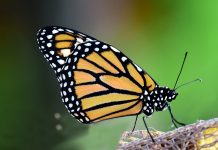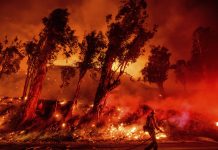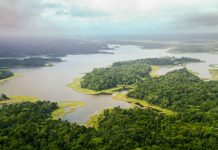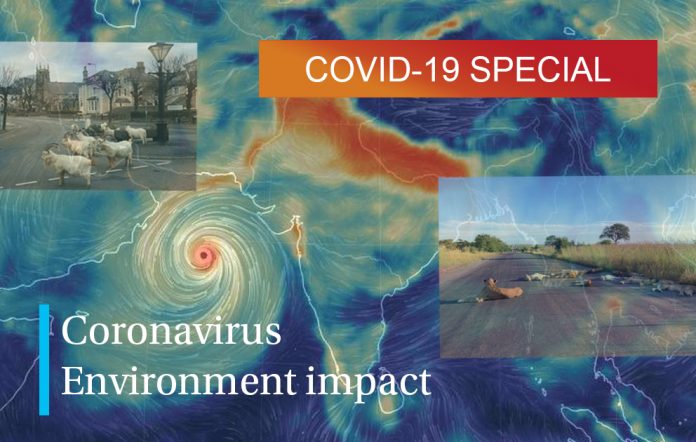There’s no denying that global warming has been one of the most alarming issues faced by the world. The United Nations have long been developing policies with governments and nations to ensure that preventive measures are in place to care for, and sustain the environment and whatever is left of it.
Quality of life for humans, animals, and plants alike has been hampered as the world pursues global financial leadership and power. Businesses have controlled methods and frequency in utilization of our natural resources that eventually led to warmer temperatures, natural disasters, and wildlife extinction. As we have started the year 2020, natural calamities have greeted countries, claimed lives and destroyed homes. As fear of nature’s wrath started to escalate, humankind was yet again surprised by another setback – a biological war with the unseen, COVID-19 virus.
Beneficial Impact Of The Pandemic To The Environment
A threatened world due to the coronavirus pandemic brought about revised policies resulting in national lockdown of countries over a long period. It has halted all industries, closed businesses, restricted movement, and social interaction. Products, services, and people have been restrained and everyone took a hard hit as it affected our daily routine, behavior, and financial condition. Meanwhile, as preventive measures took place, nature took its time to benefit from the inactivity as it tried to recuperate on its own. Pollution finally was under control as carbon emissions and other forms of wastes have been minimized allowing ecosystems to recover. As tourism was also cut-off, lots of forests, beaches, and tourist spots later on regained crystal clear waters and clear skies. Satellites have transmitted images of a recovering ozone layer, and a greener globe.
Air
Many nations have been trying to combat air pollution for the longest time. The global air quality index has been worsening since the rise of industrialism and commercialism. Air pollution has been a silent killer to many each year. The World Health Organization has recorded about 3 million deaths per annum because of diseases caused by air pollution. Similarly, American researchers and scientists have conducted studies indicating that the number of COVID deaths could have been lessened if we had clearer skies and lesser pollution. This feared virus as we know targets the respiratory system. As our lungs have been compromised for years by the low quality of air in the environment, we have been subjected to have lower immunity to fight off the disease. Nitrogen dioxide alone coming from power plants and road transportation is a major culprit in respiratory illnesses like asthma, and likewise contributes to the worsening of lung conditions. According to the director of the Center for Climate, Health, and Global Environment Aaron Bernstein, studies show concrete evidence that people living in long-been-polluted places are more prone to get infected and die from the coronavirus.
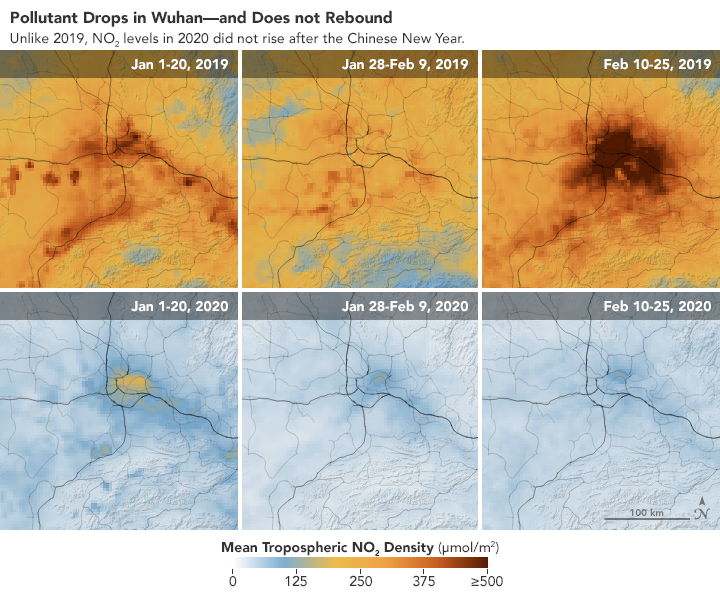
In recent weeks and months, the COVID outbreak has mandated many industries to temporarily suspend operations. This means the stoppage of producing and manufacturing various products, and canceled land, air, sea and rail travel. In turn, carbon monoxide and greenhouse gas emissions have been reduced greatly. As most of us stayed home, many have noticed clearer and bluer skies upon peeking in an environment they could no longer enjoy. As they count the number of days getting stuck in the lockdown, one is left in awe realizing that they could now see an amazing view of their neighborhood like they have never seen it before.
The United Kingdom reported on March 23, shortly after the lockdown has been implemented, that nitrogen dioxide levels in their cities have been reduced by 60%. Similarly, NASA claims that New York’s pollution level has lowered by 30% against their recorded monthly average since 2015.
Wildlife
As the origin of the pandemic had been attributed to the Hunan seafood market in China, governments from all over the world have been implementing temporary bans on wildlife trade such as civets, bats, wolves, etc. Since the coronavirus proves to be transmitted from animals to humans, the unrestricted trade, poaching, and trafficking of exotic and wild animals is deemed to enhance the risks of spreading another similar outbreak. Aside from the fact that these animals are kept in cages under filthy conditions, scientists have similarly urged to be sensitive in protection and conservation measures to avoid abuse and extinction. Moreover, this benefits national security, biosafety, and public health.
Taking off from the fact that the coronavirus is a zoonotic disease (transmitted from animal to human), scientists and zoologists realize that it works reversibly as well. As a result, zoo animals are now undergoing preventive measures for safety as they are also being tested for the virus. Although the Center for Disease Control and Prevention (CDC) has confirmed that there is no evidence that pets can spread the disease, it has been found out that animals have been getting sick from asymptomatic zookeepers. Hence, more precaution is observed to ensure the animals’ safety.
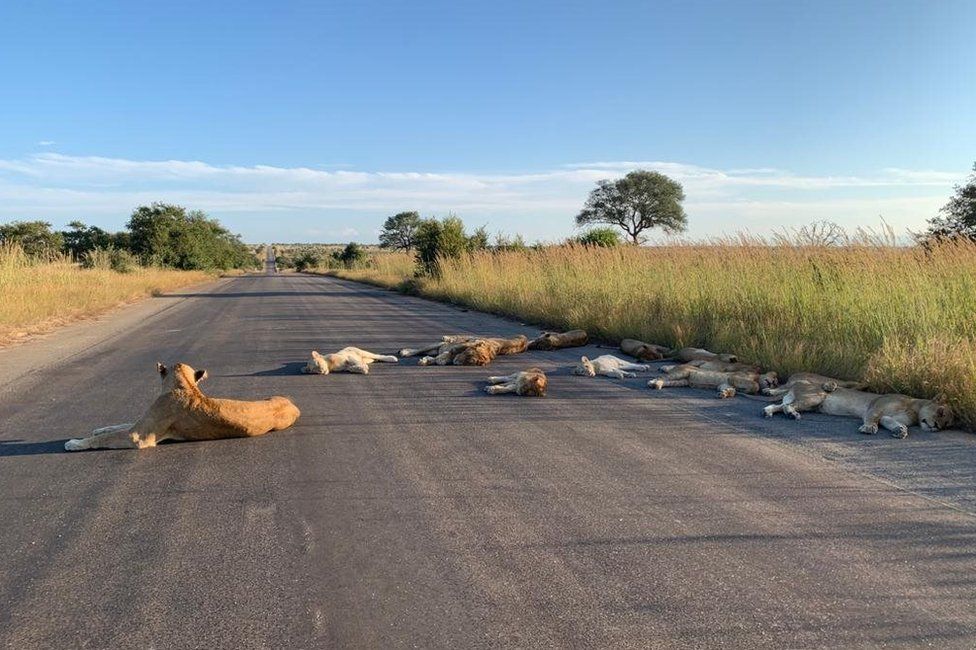
Meanwhile, locals have shared more animal sightings globally as animals take the opportunity to utilize this quiet moment for some free-roaming experience and natural reproduction. For instance, Hong Kong Ocean Park officials have happily shared that one of their pandas is suspected to have finally gotten pregnant after 10 years in captivity. Similarly, mountain goats have been seen on the roads of Wales, and hedgehogs are enjoying the empty streets of London.

In essence, what transpired proves how largely we have abused and destroyed the abundant resources we should have used wisely and conservatively. Sadly, we needed this unusual unanticipated outbreak to wake up policymakers and consumers alike to a highly distraught environmental condition we are in. Truly, the recent coronavirus outbreak has claimed thousands, which evidently puts the entire world in terrible anxiety as it shook economic balance and disrupted human safety. Findings from recent studies now compel governments to be more vigilant as we all move forward towards rehabilitation and recuperation. Any improvement experienced today can be short-lived as economic activities resume and businesses work double-time to cope up with losses and the outstanding demand of the market.
References
COVID-19 lockdowns significantly impacting global air quality . (2020). Retrieved from www.sciencedaily.com: https://www.sciencedaily.com/releases/2020/05/200511124444.htm
Environmental impacts of coronavirus crisis, challenges ahead . (2020). Retrieved from unctad.org: https://unctad.org/en/pages/newsdetails.aspx?OriginalVersionID=2333
Here’s how lockdowns have improved air quality around the world . (2020). Retrieved from www.weforum.org: https://www.weforum.org/agenda/2020/04/coronavirus-lockdowns-air-pollution
How air pollution exacerbates Covid-19. (2020). Retrieved from www.bbc.com: https://www.bbc.com/future/article/20200427-how-air-pollution-exacerbates-covid-19
Ways the coronavirus is affecting animals around the world. (2020). Retrieved from www.weforum.org: https://www.weforum.org/agenda/2020/04/coronavirus-animals-wildlife-biodiversity-tiger-boar-pandas-zoos/




